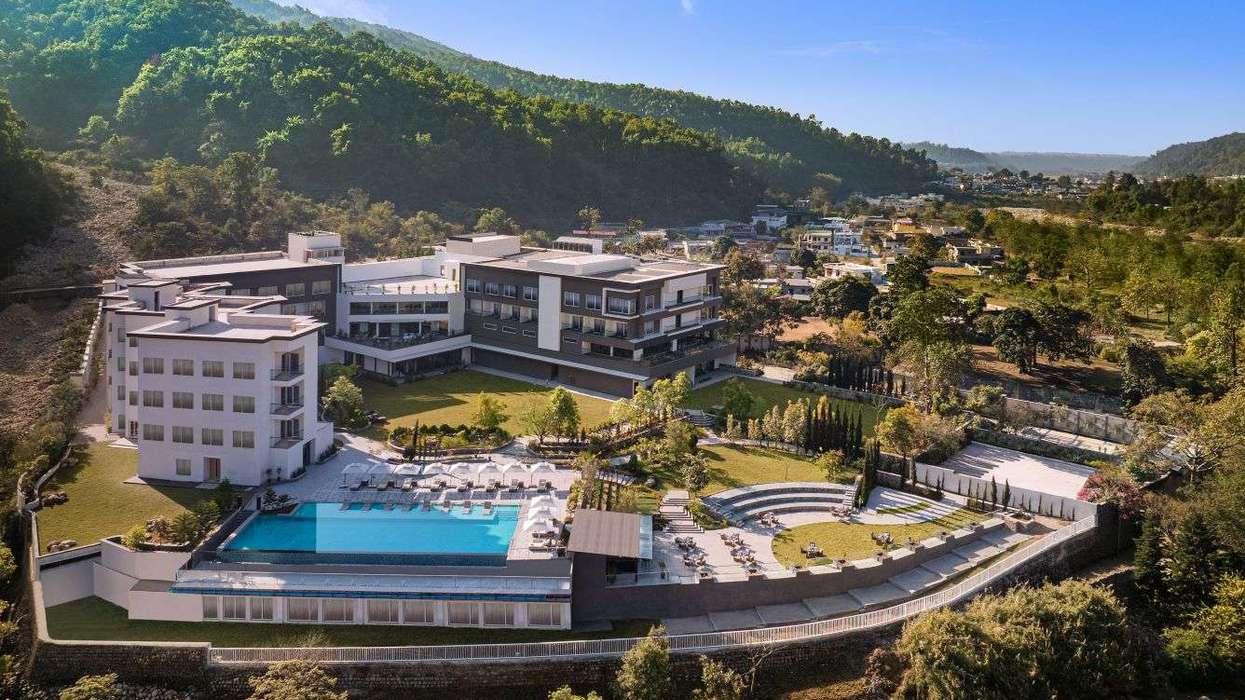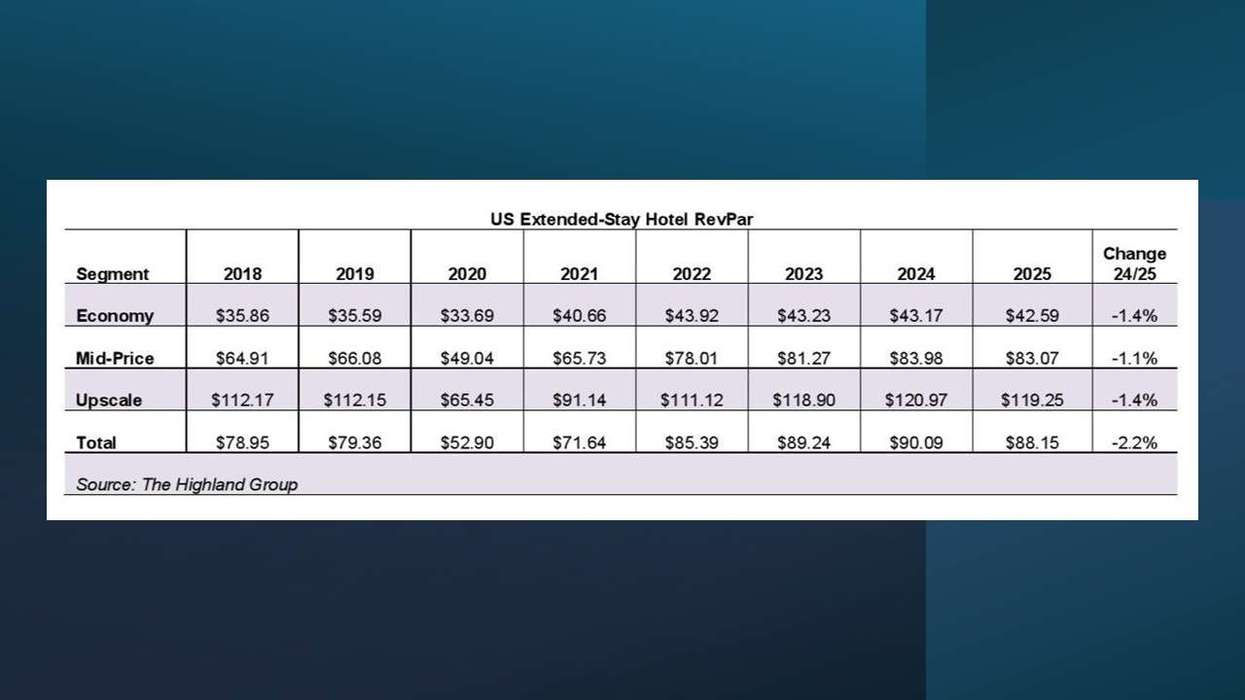AS ARTIFICIAL INTELLIGENCE continues to permeate society on every level, there is a place for it in the hotel industry, AAHOA said. AI technology can improve operational efficiency and cut costs, the association said, but it must be developed and used ethically.
AAHOA referenced two recent research studies, one conducted by the Conrad N. Hilton College of Global Hospitality Leadership at the University of Houston, and another by Morgan Stanley, to endorse the integration of artificial intelligence into hotels for enhanced guests’ experience.
The University of Houston's study explored AI's transformative impact on the industry and its acceptance among hotel guests. Meanwhile, Morgan Stanley's research report released on August 18, titled "AI for Hotels: Will the Hotel of the Future Fit in the Palm of Your Hand?” documented the benefits of hoteliers, online travel agencies and hotel brands adopting AI technology early.
"Artificial intelligence has the potential to revolutionize the entire travel experience, spanning research, booking, on-site engagement, and post-stay interactions," Morgan Stanley analysts wrote in the report. "From an owner/operator perspective, AI holds the promise of enhancing personalized experiences and reducing costs, leveraging opportunities for increased tech integration within hotel systems."
AI opens new avenues for hotels
As AI technology continues its impact on the hospitality sector, it opens up new avenues for hotels to provide tailored services, thus enhancing the guest experience.
“For instance, through optimized workforce management, AI enables hoteliers, many of whom are small business operators, to enhance resource allocation,” AAHOA said in a statement. “AI also assists these operators in predicting booking and stay patterns, facilitating improved inventory and staff management, competitive room pricing, and the discovery of untapped revenue streams.”
AI-driven chatbots and virtual assistants mitigate labor scarcities by managing tasks such as standard guest queries. Consequently, hotel personnel can concentrate on high-touch services and intricate assignments, fostering personalized guest experiences, AAHOA said.
The association acknowledged the consumer's balance between benefits and risks in this evolving scenario. It said that hoteliers must prioritize transparency and effective communication to alleviate concerns, particularly regarding sensitive matters like data privacy.
"As an industry leader, AAHOA is dedicated to utilizing AI as a tool for innovation and enhancement, making the guest experience more personalized," said Laura Lee Blake, AAHOA's President & CEO. "We maintain our commitment to ethical practices, transparency, and ongoing improvement of the guest experience through the integration of AI technology."
"From online booking to keyless entry, hotels have spearheaded technological change and innovation, streamlining operations and enhancing guest service," said AAHOA chairman Bharat Patel. "Artificial intelligence provides an additional tool for business management, growth positioning, and improved customer experiences and relationships. AAHOA members, as small-business owners, look forward to AI's potential in fulfilling these objectives."
By encouraging open dialogues with guests, AAHOA said it aims to establish trust and comprehension to ensure the responsible use of AI technology.
“The goal is to consistently create memorable experiences for each guest while upholding the highest ethical standards,” AAHOA said.
Artificial intelligence was one area of collaboration AAHOA discussed with Indian Prime Minister Narendra Modi during his recent visit to Washington, D.C.






